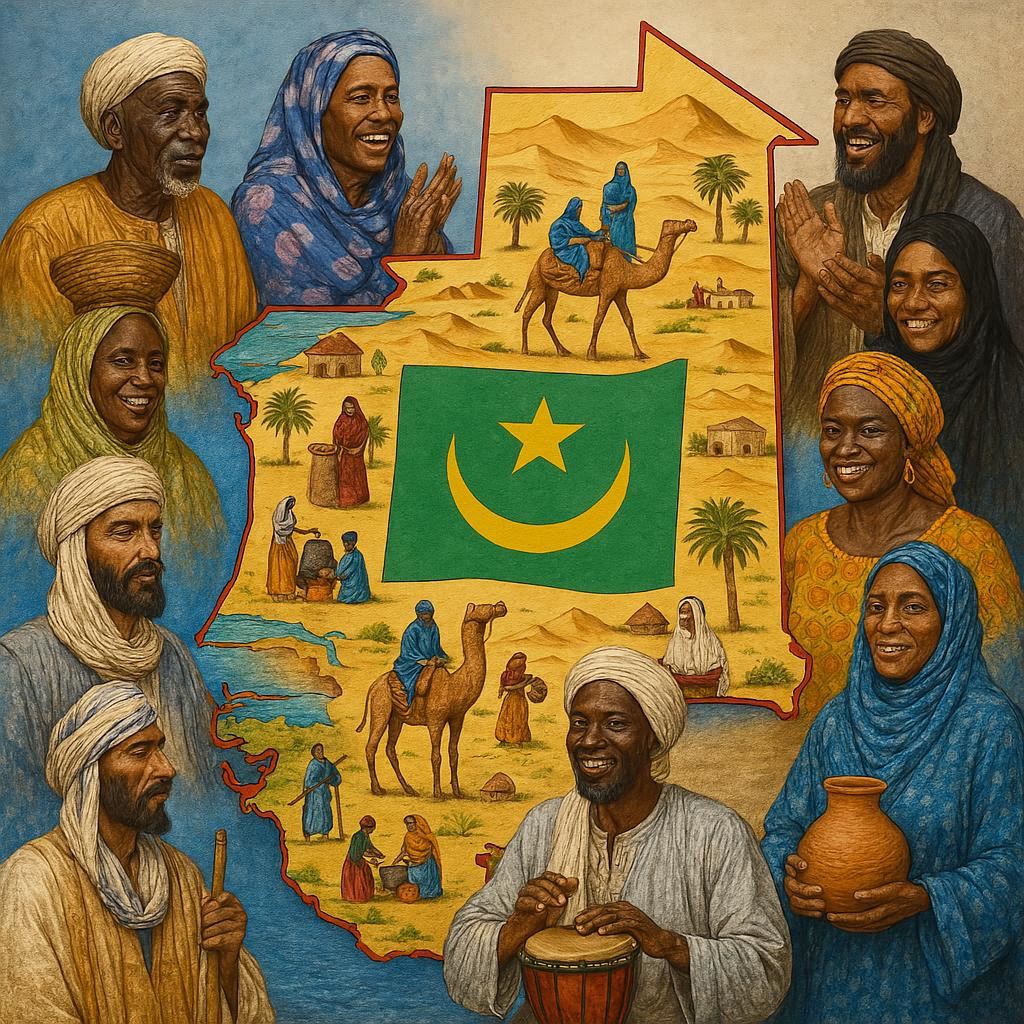Day 1
Mauritania
Praise Points
The survival of small Christian communities despite persecution – “On this rock I will build My church, and the gates of Hades will not overcome it.” (Matthew 16:18)
Prayer Points
Pray for the End of Slavery and Justice for the Oppressed
Lord, we ask You to move the hearts of Mauritania’s leaders to enforce the laws that criminalize slavery, and to bring freedom and dignity to those who are still in bondage.“Learn to do right; seek justice. Defend the oppressed. Take up the cause of the fatherless; plead the case of the widow.” (Isaiah 1:17)
Pray for Boldness and Unity Among Christians
Ask the Lord to give Christian teenagers and families courage to stand firm in their faith despite persecution, and to unite Believers across denominations in Christ’s love. “Make every effort to keep the unity of the Spirit through the bond of peace.” (Ephesians 4:3).
Pray for Gospel Witness in a Resistant Nation
Pray that God will raise up faithful workers and Christian leaders to proclaim Christ in Mauritania, even under restrictions, so that His church will not go extinct. “For I am not ashamed of the gospel, because it is the power of God that brings salvation to everyone who believes.” (Romans 1:16).
Call to Salvation
Pray for Future Generations of Believers
Pray that Christian parents and mentors will disciple young people in the Word of God so that future generations will remain strong in the faith. “Train up a child in the way he should go, and when he is old he will not depart from it.” (Proverbs 22:6)
Mauritania, located in Northwest Africa, has a history shaped by ancient Berber tribes, Arab conquests, and centuries of Islamic influence. Since its independence from France in 1960, the country has been defined by its deep Islamic identity, with Islam being the official state religion. One of the most painful aspects of Mauritania’s history is its long entanglement with slavery. Though officially abolished in 1981 and criminalized in 2007, slavery—particularly hereditary slavery tied to ethnic and caste systems—remains a deep scar on society, affecting generations of families and creating divisions that still impact culture today. Mauritania’s culture blends Arab, Berber, and sub-Saharan African traditions, marked by desert nomadism, griot oral poetry, and traditional music.
Christianity has always been a minority faith in Mauritania, introduced through early Catholic missions during the French colonial period and sustained by a few expatriate and underground communities. Some Christian leaders, including Catholic missionaries and Protestant workers, visited the country in the 20th century to plant seeds of the Gospel. Yet, due to strict anti-conversion laws and persecution, Christianity has remained fragile. Today, Christian teenagers in Mauritania face intense struggles, including societal rejection, isolation, and fear of government punishment. Disunity among Christian Believers has also weakened the faith, often caused by denominational divisions, fear of persecution, and lack of discipleship. If Mauritania’s Christians are to survive, they must return to biblical unity (John 17:21), strengthen disciples in Christ (Colossians 2:6-7), and cultivate the courage to face persecution (2 Timothy 1:7).


